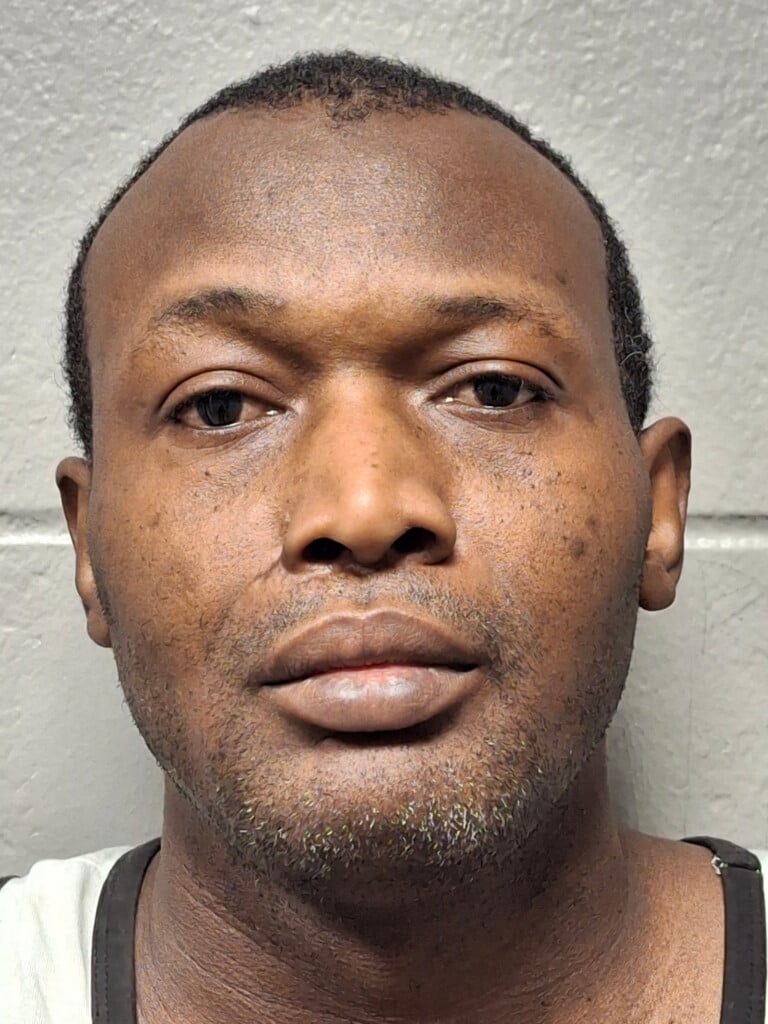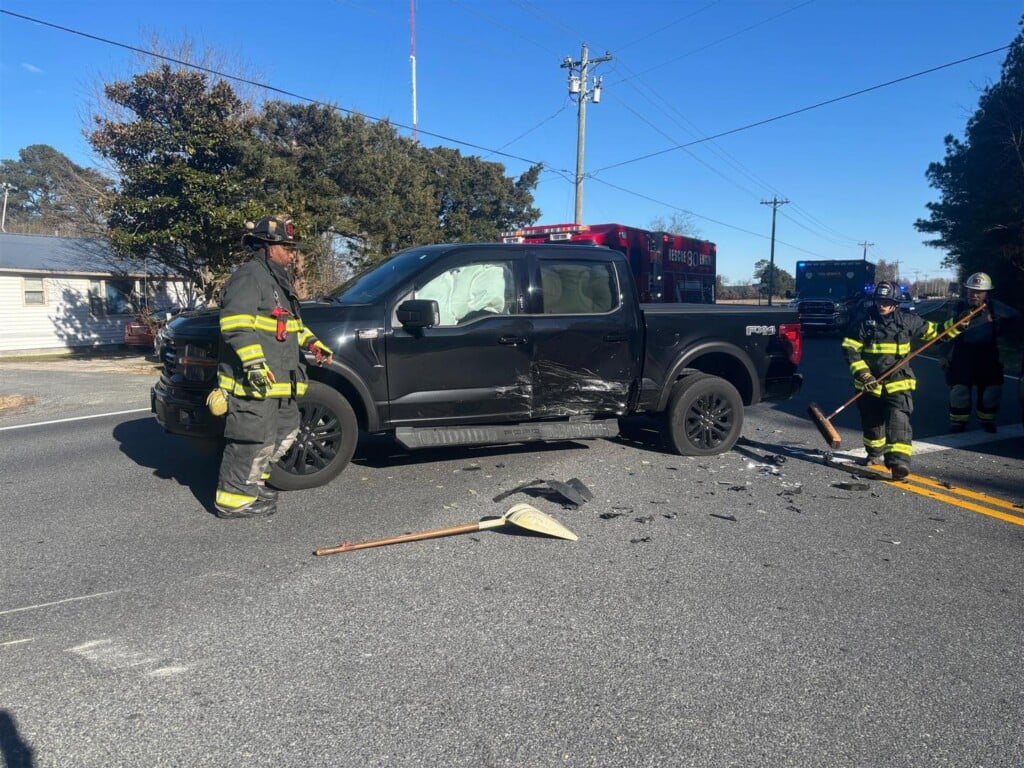Del. handgun permit requirement bill passes Senate
DOVER, Del. – The Delaware Senate voted along party lines on Tuesday to pass a bill requiring anyone in the state wanting to buy a handgun to first be fingerprinted, undergo training, and obtain permission from the state.
We’re told the vote came after over two hours of debate, in which gun-control advocates argued that the proposal would help reduce the number of homicides and suicides in Delaware. Opponents reportedly argued that the bill infringes on the rights of law-abiding citizens and will have no effect on criminals responsible for the state’s gun violence problem.
Critics also argued that a permitting process would pose a time-consuming and costly infringement on people wanted to exercise their right to defend themselves with firearms. Delaware’s constitution, whose gun provisions are more specific than the Second Amendment, guarantees an individual’s right to keep and bear arms for hunting and recreational use. The permit proposal now goes to the House.
The bill would prohibit licensed gun dealers and private sellers from transferring a handgun to any person unless that person has a “qualified purchaser permit”. In order to obtain a permit, an individual would have to complete a firearms training course and be fingerprinted by the State Bureau of Identification. The SBI would have 30 days to investigate the person and grant a permit if qualified. The agency would also be allowed to retain information submitted by an applicant for an indefinite amount of time. If a permit is granted, it would be valid for one year under the substitute bill introduced on Tuesday. Under the previous version, a permit was good for only 180 days. A permit can be revoked, and any guns purchased with it seized, it the SBI director later determines that the person poses a danger to themselves or others by having a gun, “supported by any probable cause.”
The substitute bill also allows up to 18 months for state officials to implement the permitting program. The bill includes exemptions for active and retired law enforcement officers and for those who already have concealed carry permits. It also provides for vouchers covering the full cost of a firearms training course for those with household income at or below 200% of the federal poverty guideline.



